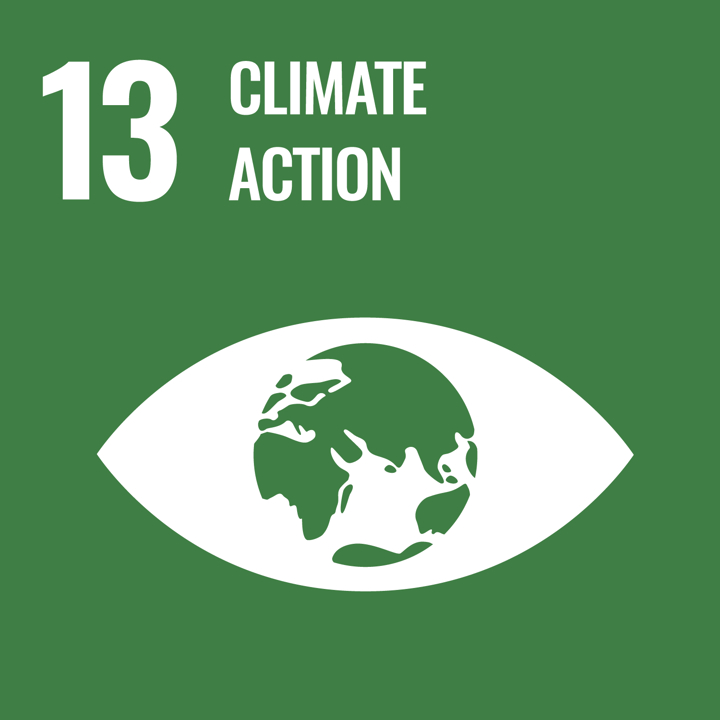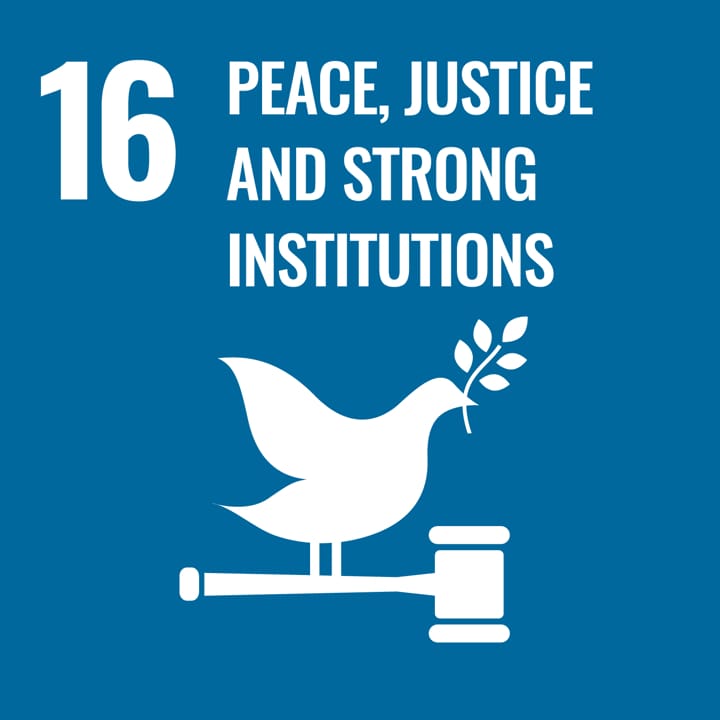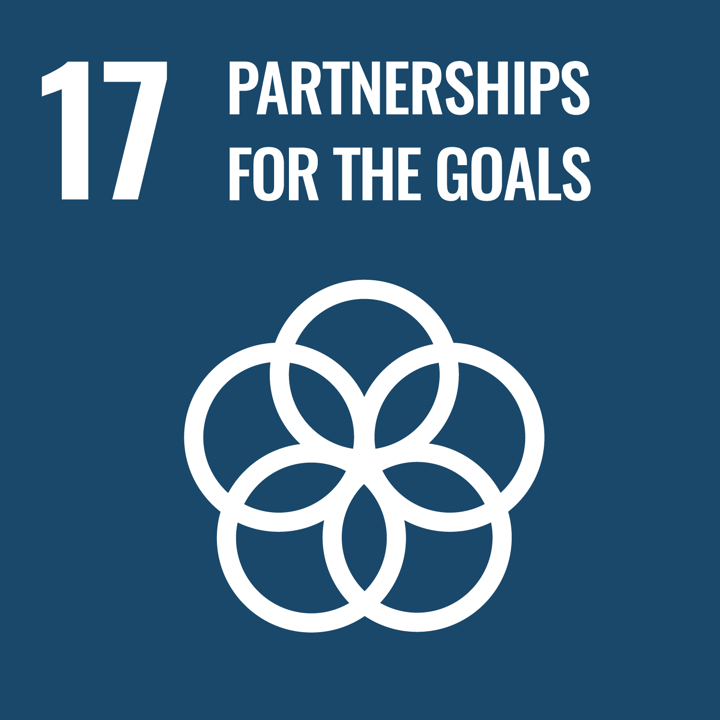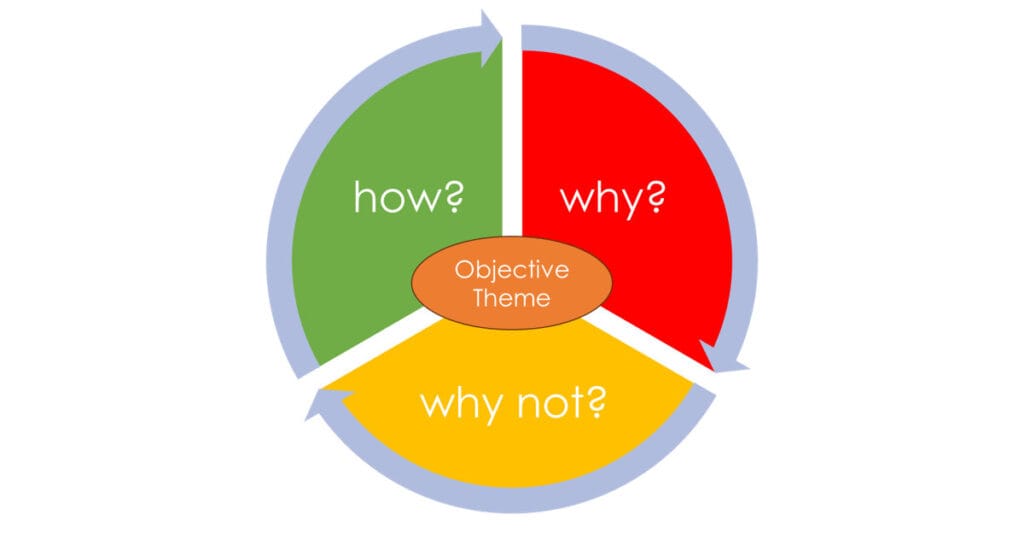
Vorgesehener Endnutzer: Teacher, School Leader, Teacher Educator
Altersgruppe: Sekundarstufe I; Sekundarstufe II
Lehrplan der Schule: Naturwissenschaften; Sozial-, Sport- und Gesundheitserziehung; Sozial- und Umweltwissenschaften; Sprachen; Wirtschaftswissenschaften; Angewandte Naturwissenschaften
Themen und Fragestellungen: Collective Action; Pedagogy Approaches
Dauer: At least 90 – 120 minutes in a class.
But can also be extended for more complex topics such as a project or workshop. For deeper reflection or implementation in the school family, 3 hours are suitable.
Art der Ressource: Guidelines & Notes, Lesson Plans
Schlüsselwörter: Participative Learning; Collaborative Learning; Critical Thinking; Interactive Teaching Methods; Problem-Solving Strategies; Classroom Discussion Tools
Sprachen: Deutsch, Englisch
Beschreibung
This resource provides a ready-to-use guide for implementing the World Café method, a structured yet flexible discussion format that fosters collaborative learning, creativity, and critical thinking. Designed for educators and facilitators, it offers a step-by-step approach to engaging participants in meaningful dialogue across various topics.
The resource includes:
- Tips for effective facilitation and outcome documentation
- A detailed explanation of the World Café methodology
- Guidelines for structuring discussions with rotating small-group conversations
- Print templates including role cards and moderation cards with key questions to stimulate engagement
One featured example explores creativity in the classroom, guiding participants through discussions on why creativity matters, challenges in fostering it, and practical teaching approaches. The method supports collective decision-making, knowledge exchange, and innovative thinking, making it particularly valuable for education for sustainable development (ESD), school leadership, and professional development.
With a minimum implementation time of 90–120 minutes, the World Café can be easily adapted to different learning environments, from teacher training workshops to classroom discussions. By promoting active participation and shared learning, this approach enhances problem-solving skills and encourages educators to rethink traditional teaching methods.
Ideal for: Teachers, trainers, and facilitators looking to create interactive, student-centred learning experiences.
Promotes engagement in issues that affect the whole school family.
Downloadable materials are included for immediate application.
Wie Sie diese Ressource nutzen können
This World Café resource is an introduction to the discussion method “World Café”. It includes a step-by-step guide designed to help educators and facilitators implement interactive, discussion-based learning effectively. To illustrate and support practical application, the resource provides a ready-to-use implementation on the topic “Creativity in Education”, including detailed instructions, facilitation tips, and printable materials for easy use.
Die Ressourcen
World Café PDF:
Lernergebnisse (Lehrkräfte)
- Abfrage des Vorwissens und Weiterentwicklung von Wissen und Verständnis von Schlüsselkonzepten der nachhaltigen Bürgerschaft, wobei etablierte Weltanschauungen und Werte in Frage gestellt werden.
- Anwendung einer Reihe von geeigneten Instrumenten und Rahmenwerken zur Förderung des bürgerschaftlichen Engagements von Studierenden im Bereich Nachhaltigkeit
- Reflektieren Sie die Praxis und untersuchen Sie die nationalen Lehrpläne, um Möglichkeiten zur Förderung der nachhaltigen Bürgerschaft auf interdisziplinäre Weise zu identifizieren und mit externen Interessengruppen in Kontakt zu treten.
- das Wissen, die Instrumente und den Rahmen gemeinsam zu synthetisieren, um Bildungsmaterialien und Unterrichtspläne zu erstellen, die an ihren eigenen lokalen Kontext angepasst sind
- Durch Workshop-Aktivitäten und Praxisgemeinschaften werden Kapazitäten und Handlungskompetenzen von Lehrkräften und Führungskräften im Bereich Sustainability Citizenship aufgebaut.
Lernergebnisse (Leiterschaft)
- Vorwissen abfragen und Wissen und Verständnis der wichtigsten Konzepte der nachhaltigen Bürgerschaft weiterentwickeln, um etablierte Weltanschauungen und Werte in Frage zu stellen.
- eine Reihe von geeigneten Instrumenten und Rahmenwerken zur Förderung des bürgerschaftlichen Engagements für Nachhaltigkeit in ihren Schulen und Gemeinden anzuwenden.
- ihre eigenen nationalen/regionalen Lehrpläne, Bildungspolitiken, Programme und externen Stakeholder zu untersuchen, um Möglichkeiten zur Förderung von Sustainability Citizenship in ihren Schulen und Gemeinden zu identifizieren.
- Gemeinsam Wissen, Instrumente und Rahmenbedingungen zusammenführen, um eine Vision für die Schaffung eines Schulumfelds zu entwickeln, das die Entwicklung einer nachhaltigen Bürgerschaft in ihrer Gemeinschaft unterstützt.
- Durch Workshop-Aktivitäten und Praxisgemeinschaften werden Kapazitäten für die Vermittlung von Nachhaltigkeitskompetenz und Führungsqualitäten aufgebaut.
Grüne Kompetenzen
- Nachhaltige Werte verkörpern: Unterstützung der Fairness
- Komplexität in der Nachhaltigkeit berücksichtigen: Systemdenken; Kritisches Denken; Problemstellung
- Visionen für eine nachhaltige Zukunft: Zukunftskompetenz; Anpassungsfähigkeit; forschendes Denken
- Handeln für Nachhaltigkeit: Kollektives Handeln
Creative Commons
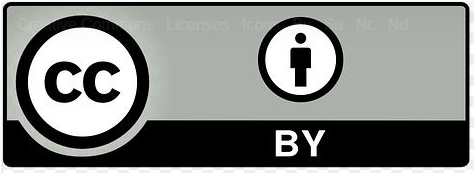
This resource was adapted by Cathérine Conradty of Universität of Bayreuth (UBT) from materials originally developed by the World Café Community Foundation. The World Café name and method are attributed to the World Café Community Foundation. The original resource can be found at https://www.theworldcafe.com. This adaptation is licensed under the Creative Commons Attribution 4.0 International License (CC BY 4.0). Changes have been made to the original material in this adaptation. This attribution does not imply endorsement by the original licensor.
SDGs

